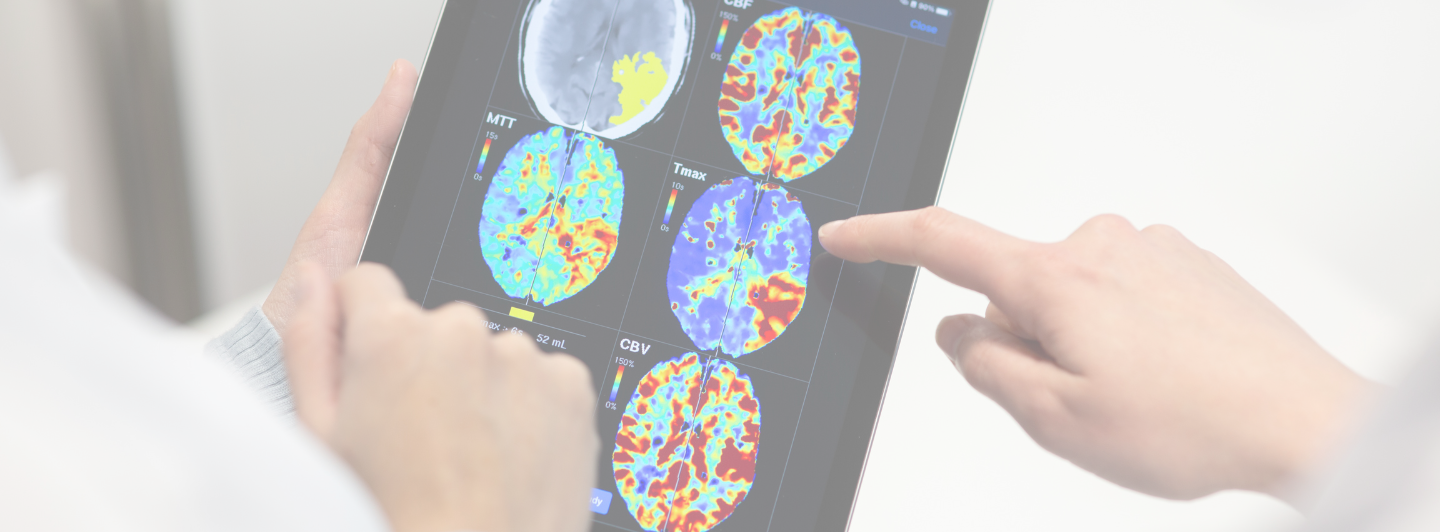The evolution of mobile health technology, particularly in the realm of stroke care, represents a monumental shift towards more efficient, timely, and patient-centered healthcare practices. This revolution in healthcare delivery is not merely an enhancement of existing paradigms but a radical reimagining of how stroke care is approached, promising significant improvements in patient outcomes for one of the leading causes of disability worldwide.
Introduction to Mobile Health in Stroke Care
Mobile health technology comprises a broad spectrum of digital innovations, including mobile applications, wearable devices, and mobile stroke units (MSUs), each playing a critical role in the evolution of prehospital and acute care for stroke patients. Among these innovations, MSUs stand out as a beacon of progress. These specially equipped units, complete with CT scanners and telemedicine capabilities, have been instrumental in transforming the landscape of stroke care. By enabling rapid diagnosis and the initiation of treatment directly at the site of the emergency, MSUs have significantly compressed the critical time to thrombolysis, thereby enhancing patient outcomes and setting a new standard in acute stroke care (Calderon et al., 2018).
The Impact of Mobile Health on Stroke Diagnosis and Treatment
The infusion of mobile health technologies into stroke care has yielded substantial benefits across various domains:
Early Detection: Innovations in sensor and AI technology facilitate the continuous monitoring of individuals, allowing for the early detection of stroke signs and automatic notification of emergency medical services (EMS), thereby streamlining the pathway to urgent care (Bat-Erdene & Saver, 2021).
Rapid Treatment: The deployment of MSUs for administering thrombolytic therapy in the prehospital setting dramatically reduces delays in treatment commencement, crucial for eThe evolution of mobile health technology and its impact on stroke carenhancing clinical outcomes and patient recovery (Kandimalla et al., 2021).
Telemedicine: Leveraging telemedicine within MSUs and beyond, remote consultations with stroke specialists ensure that accurate diagnoses and treatment plans are made promptly, overcoming geographical barriers to expert care (Nam et al., 2013).
Cost-Effectiveness and Future Directions
While the initial investment in MSUs and other mobile health technologies may be considerable, the long-term advantages—stemming from reduced disability rates and enhanced patient outcomes—firmly establish the cost-effectiveness of these innovations. Future research is poised to focus on further technological enhancements, increasing accessibility, and exploring broader applications in stroke care and rehabilitation (Ehntholt et al., 2020).
The Profound Impact on Stroke Care
The advent of mobile health technology has heralded a new era in stroke care, presenting innovative solutions that markedly improve the speed and efficacy of treatments. These advancements illuminate the potential of technology to fundamentally alter the healthcare landscape, ensuring that critical stroke care becomes more accessible, thereby profoundly improving the lives of those affected by this debilitating condition.
The seamless integration of digital tools into stroke care not only streamlines the diagnostic and treatment processes but also opens new avenues for patient engagement and empowerment. Through mobile health applications, patients and caregivers gain valuable insights into stroke prevention, management, and rehabilitation, fostering a more informed and proactive approach to health and wellness.
A Vision for the Future
As we navigate the intersection of technology and healthcare, the evolution of mobile health technology in stroke care stands as a testament to the transformative power of innovation. By bridging the gap between patients and life-saving treatments, mobile health technology is crafting a future where stroke care is defined by its accessibility, precision, and patient-centric approach.
Nicolab’s StrokeViewer: Leading the Way in Mobile Health Innovation
At Nicolab, we are inspired by the transformative potential of cloud-based and mobile technologies in reshaping stroke care. StrokeViewer, our pioneering platform, exemplifies our commitment to harnessing these innovations to bring critical care within reach, overcoming any barrier. By integrating advanced imaging analysis, real-time data access, and collaborative tools, StrokeViewer empowers healthcare professionals to deliver superior stroke care, anytime and anywhere.
Are you ready to explore how Nicolab’s StrokeViewer can revolutionize your approach to stroke care?
Next Steps: Addressing the Digital Divide
As we celebrate the advancements in mobile health technology, we must also turn our attention to the challenges ahead. How does the digital divide impact access to these groundbreaking healthcare technologies? Our next article, “Examining the Digital Divide in Access to Advanced Healthcare Technologies” will delve into the disparities and solutions to ensure equitable healthcare for all. Join us as we explore the crucial steps needed to bridge this divide, ensuring that the benefits of mobile health technology are accessible to everyone, everywhere.

